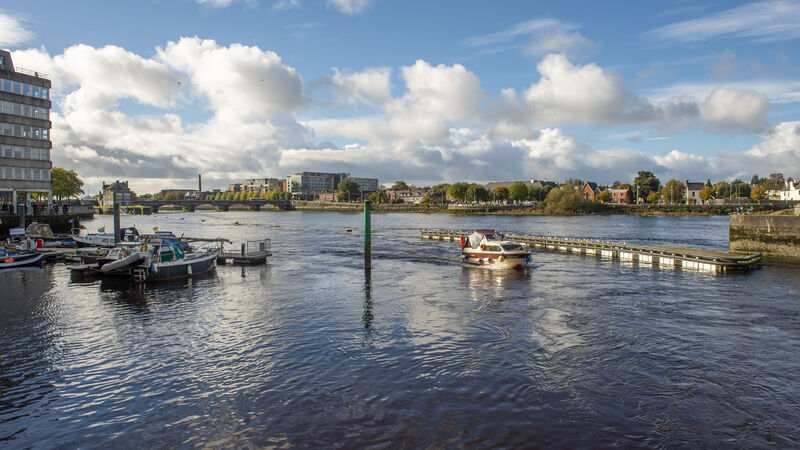Paul Hosford: One role, one vision, how one mayor could transform Limerick

Directly-elected mayors have been long-debated in Ireland, but never trialled.
The biggest reform of local government since the foundation of the State.
That is what Peter Burke, minister of State for local government, calls the role of the directly- elected mayor in Limerick, and it is hard to disagree with his assessment, when you consider the many facets of the role and its vote later this year.
















